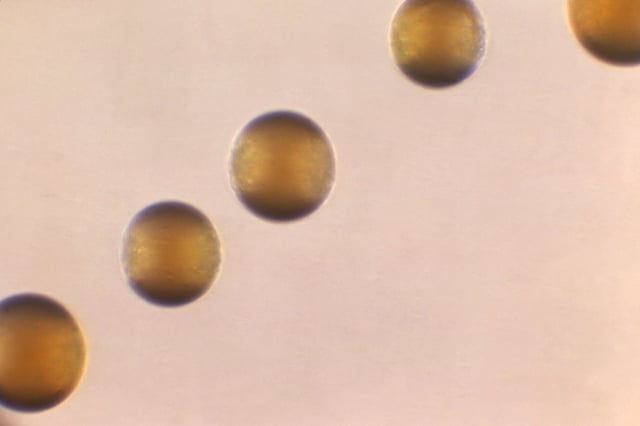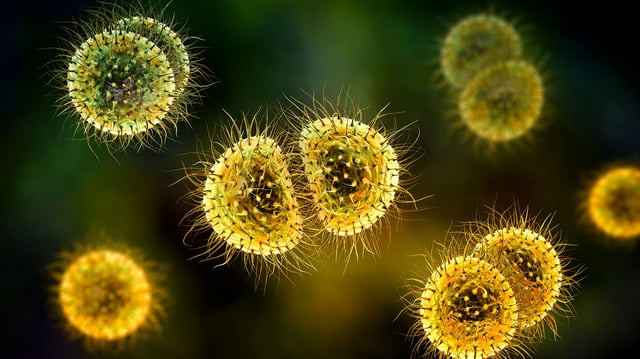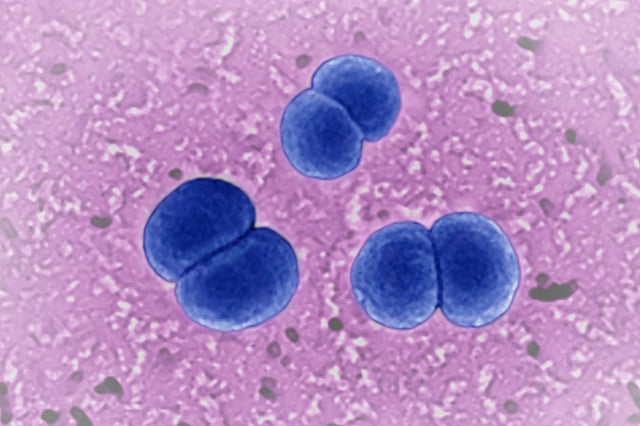Overview
- The CDC has issued an urgent warning about a rise in rare meningococcal infections in the U.S., with 143 cases reported so far in 2024.
- The infections are mainly caused by the Neisseria meningitidis serogroup Y strain, affecting adults aged 30 to 60 and disproportionately impacting Black people and those with HIV.
- Symptoms of meningococcal disease include headache, stiff neck, vomiting, fever, nausea, and sensitivity to light, with severe cases potentially leading to death.
- Healthcare providers are urged to increase awareness and monitoring for symptoms, and the public is advised to ensure vaccinations are up to date.
- The CDC recommends the meningococcal vaccine for all 11- to 12-year-olds, with a booster dose at age 16, and additional doses for high-risk individuals.


